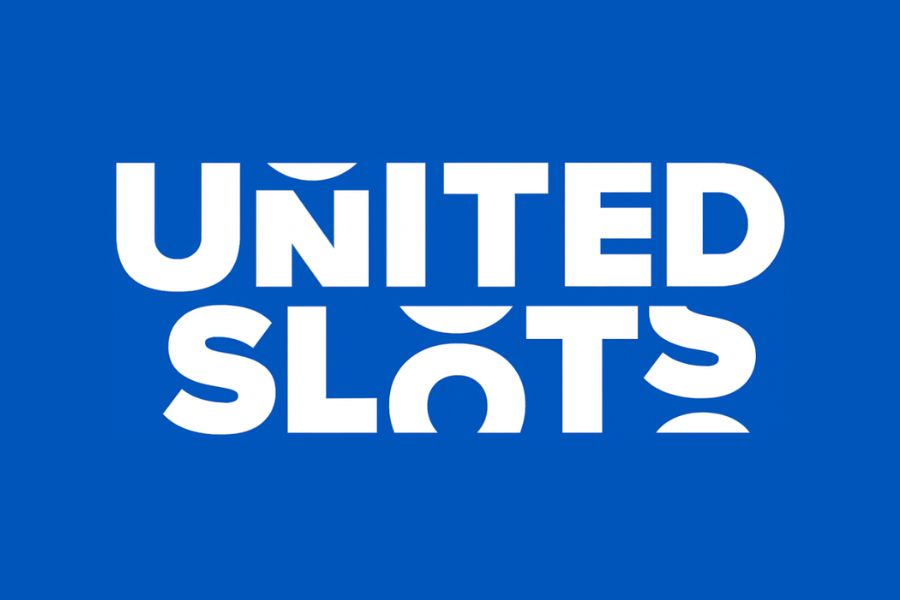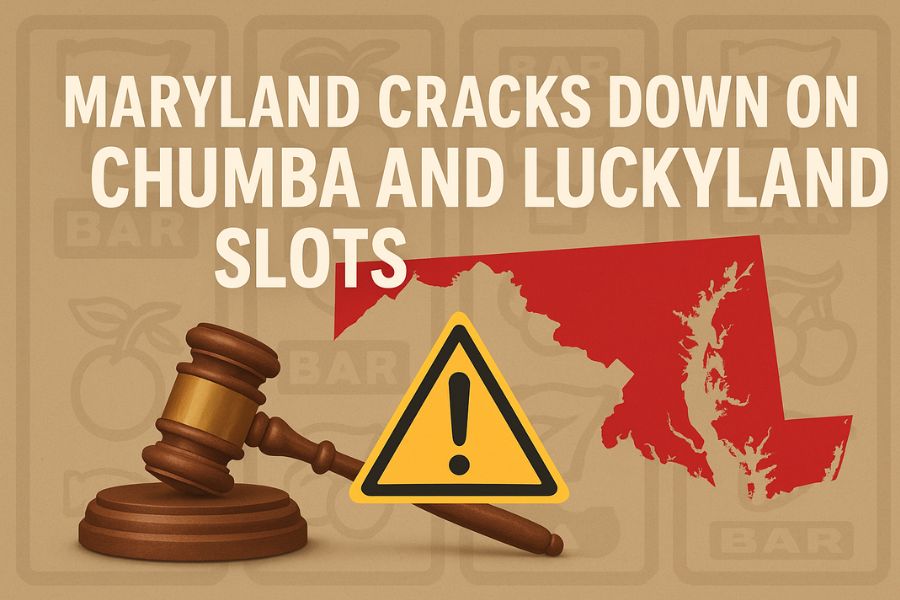The G2E 2025 conference in Las Vegas focused a bright light on sweepstakes casinos and prediction markets, and the message from major voices was hard to miss: follow regulation or get out of the way.
Bill Miller, head of the American Gaming Association, opened the show urging consistent standards for any product that looks and acts like gambling.
Several industry panels echoed that theme, saying the rapid rise of sweepstakes-style games has slowed as lawmakers, payment partners, and platforms examine how these products operate and how players use them.
What Industry Leaders Said on Stage
In his kickoff remarks, Bill Miller argued that products marketed as “not gambling” still need to meet the same basic rules if customers are risking value and expecting a payout.
He stressed that state and tribal regulators must keep control over what is allowed, and that calling something a “contest” or “event contract” does not change its core features. The headline: if it behaves like gambling, it should be treated like gambling, with age checks, responsible tools, and clear consumer protections.
Panelists later took that idea further. A session of real-money gaming stakeholders suggested that sweepstakes casinos are in their “last gasps.” Their reasoning: tougher scrutiny from regulators, payment networks tightening standards, and media platforms taking a closer look at advertising and claims.
That combination, they said, is making it harder for unregulated or lightly regulated operators to grow and easier for policymakers to push for consistent, long-termrules.
What It Means for U.S. Sweepstakes Casinos
First, expect more enforcement. When a product lets users buy coins or credits, play casino-style games, and then redeem value, regulators see it as gambling behavior. That triggers expectations around identity checks, spending limits, transparent odds, complaint processes, and safer play tools.
Operators that avoid those steps face the risk of takedowns, blocked payments, or lawsuits while compliant, licensed companies keep building.
Second, expect the data debate to matter. Recent research highlighted that many players themselves view sweepstakes as gambling, not just entertainment with prizes. If customers believe they are wagering and hoping to win money, policymakers are more likely to require the same safeguards as legal online casinos.
That sentiment strengthens calls for clear, uniformstandards across states, so players know what protections exist wherever they log in.
Third, business models will likely shift. Some sweepstakes brands may pivot to fully regulated iGaming where it’s legal, partner with licensed operators, or redesign products to avoid casino look-alikes.
Others may double down on compliance-style features age gates, spend controls, and transparent disclosures to align with what regulators already expect from the rest of the market. Marketing will tighten too: fewer bold claims, more clarity about how virtual coins work, and clear terms for redemption.
Finally, here’s what to watch next. Look for state bills clarifying what counts as gambling; actions by attorneys general against non-compliant offers; and payment networks reinforcing merchant standards.
Also watch for cooperation between licensed casinos and tech vendors to offer safer, more transparent experiences. If the direction set at G2E holds, the U.S. market will keep favoring operators that meet consistent rules no matter what label their product uses.




